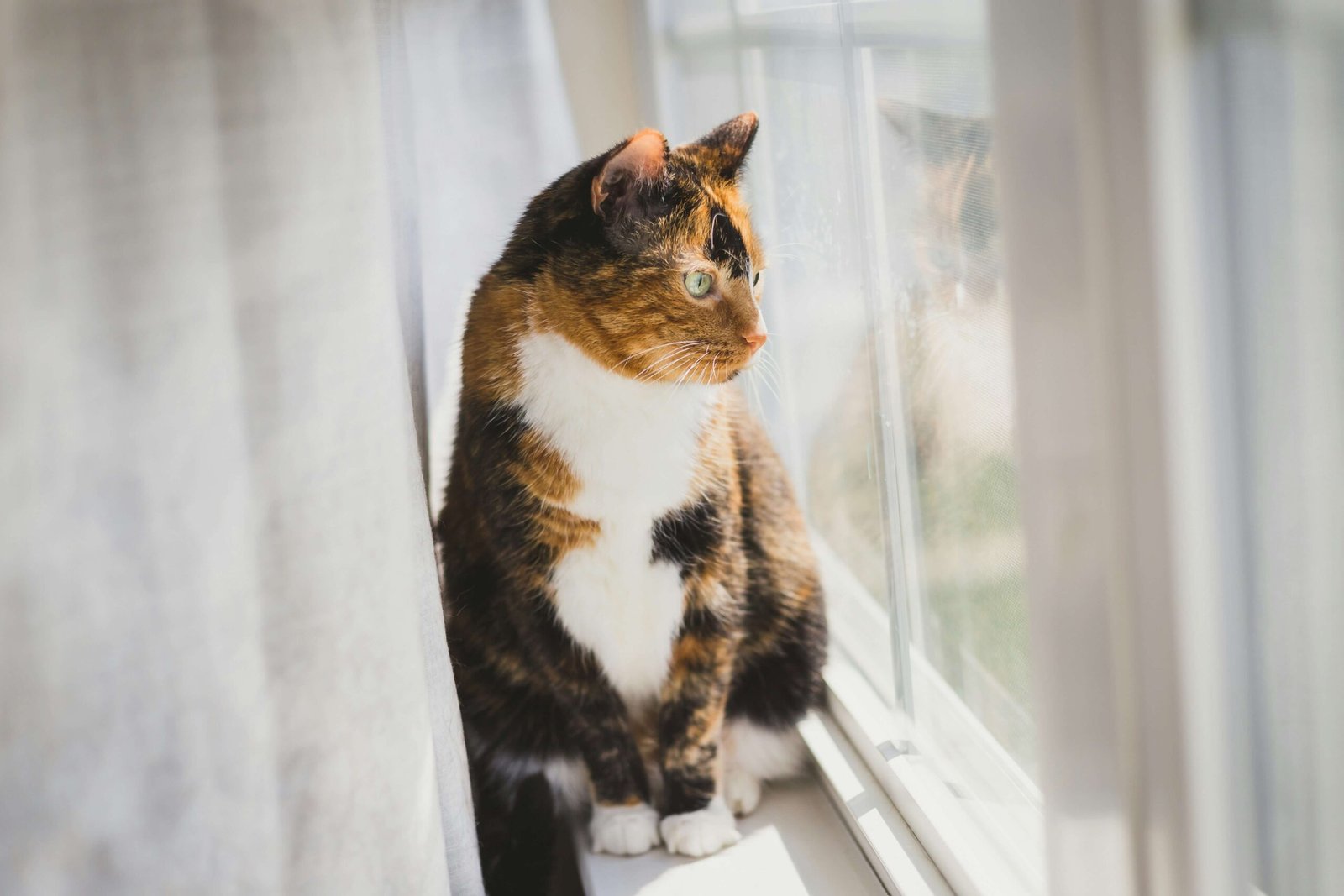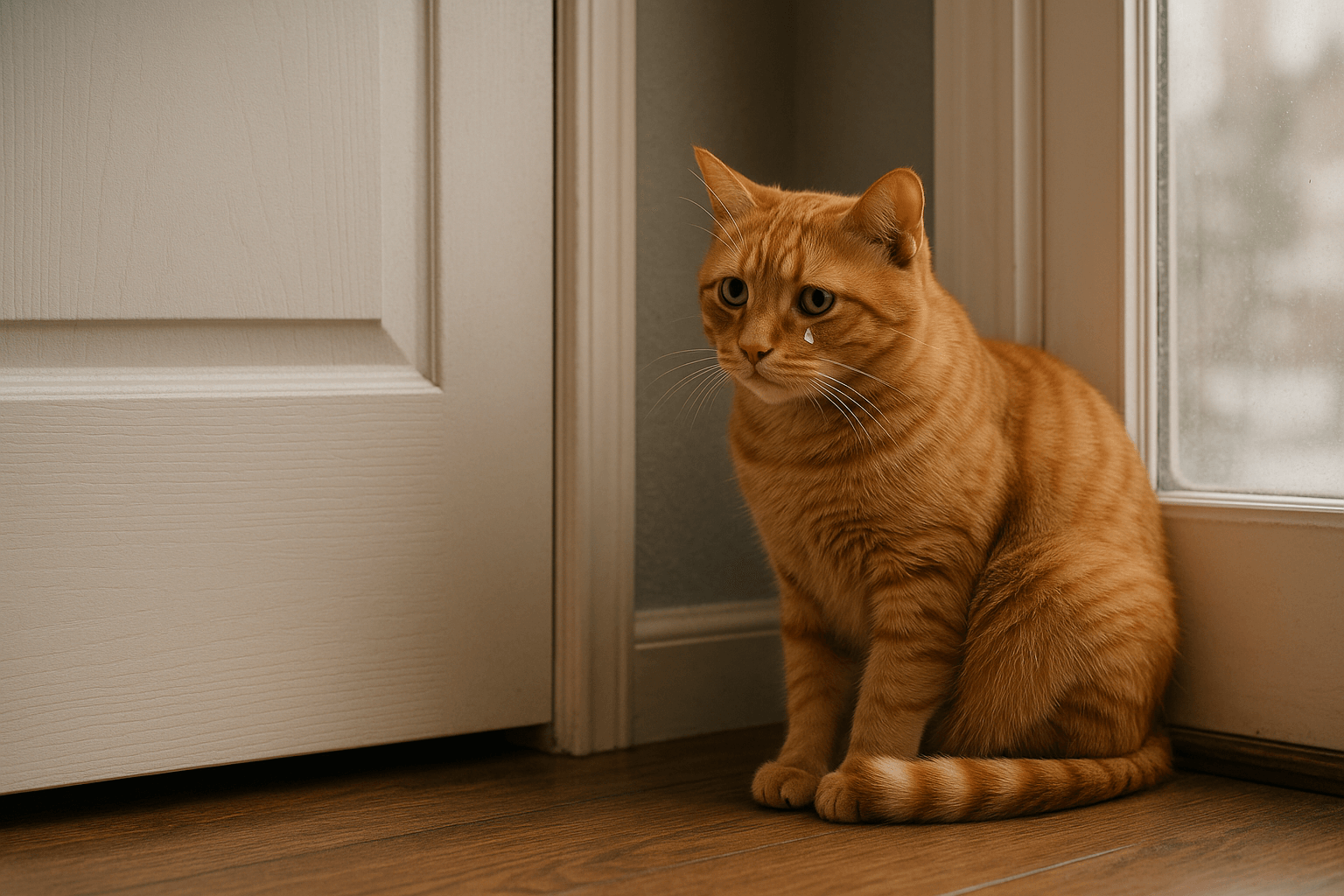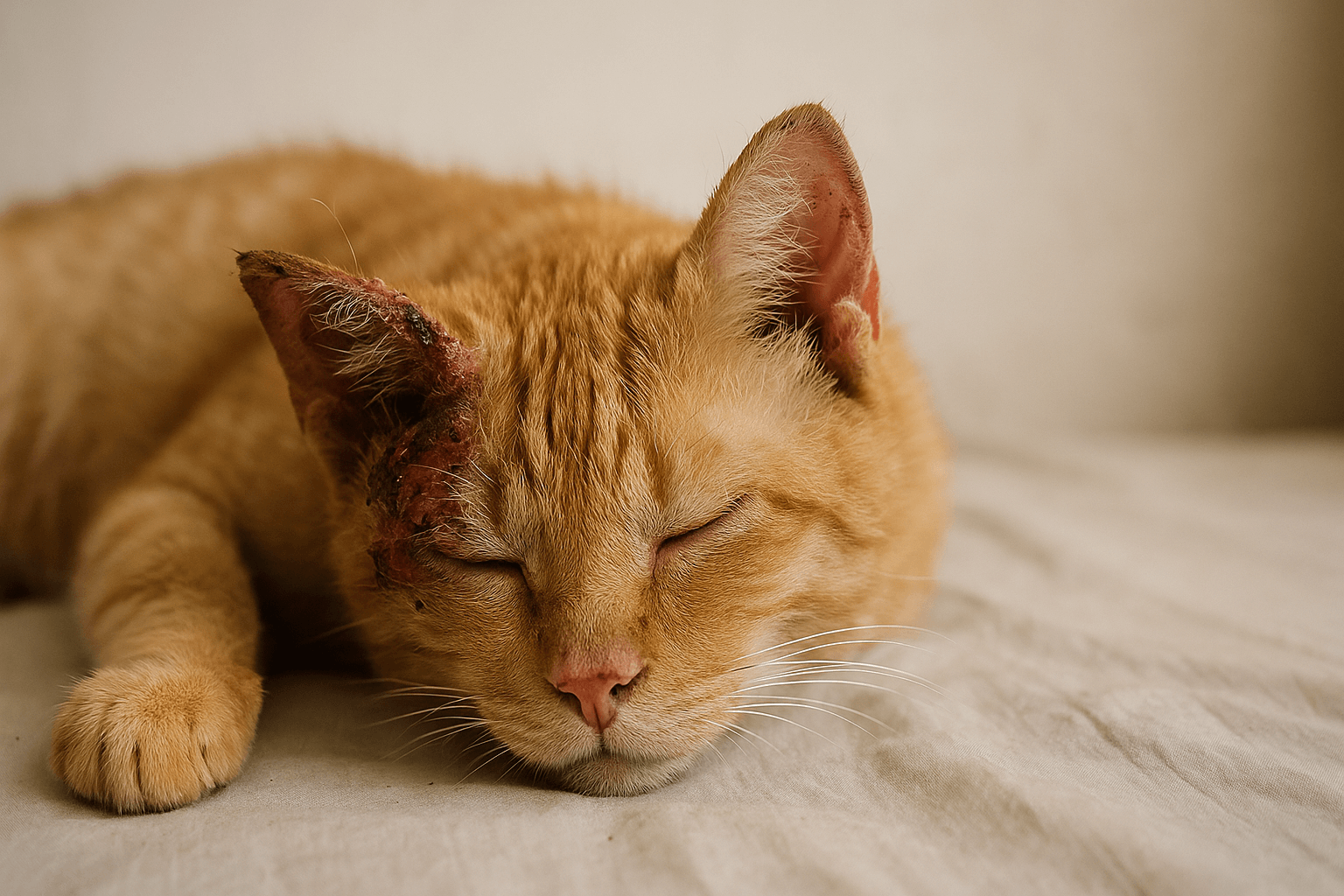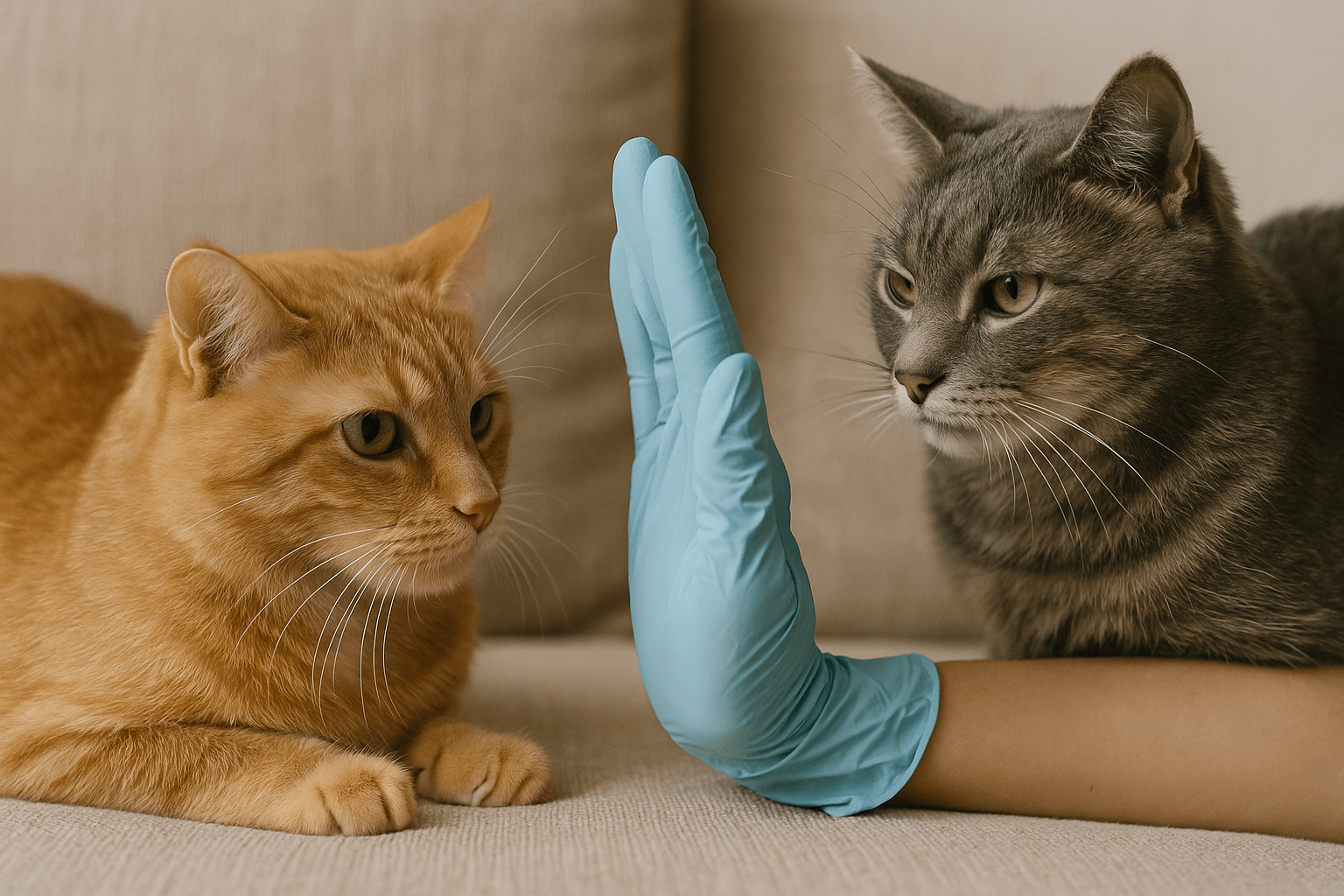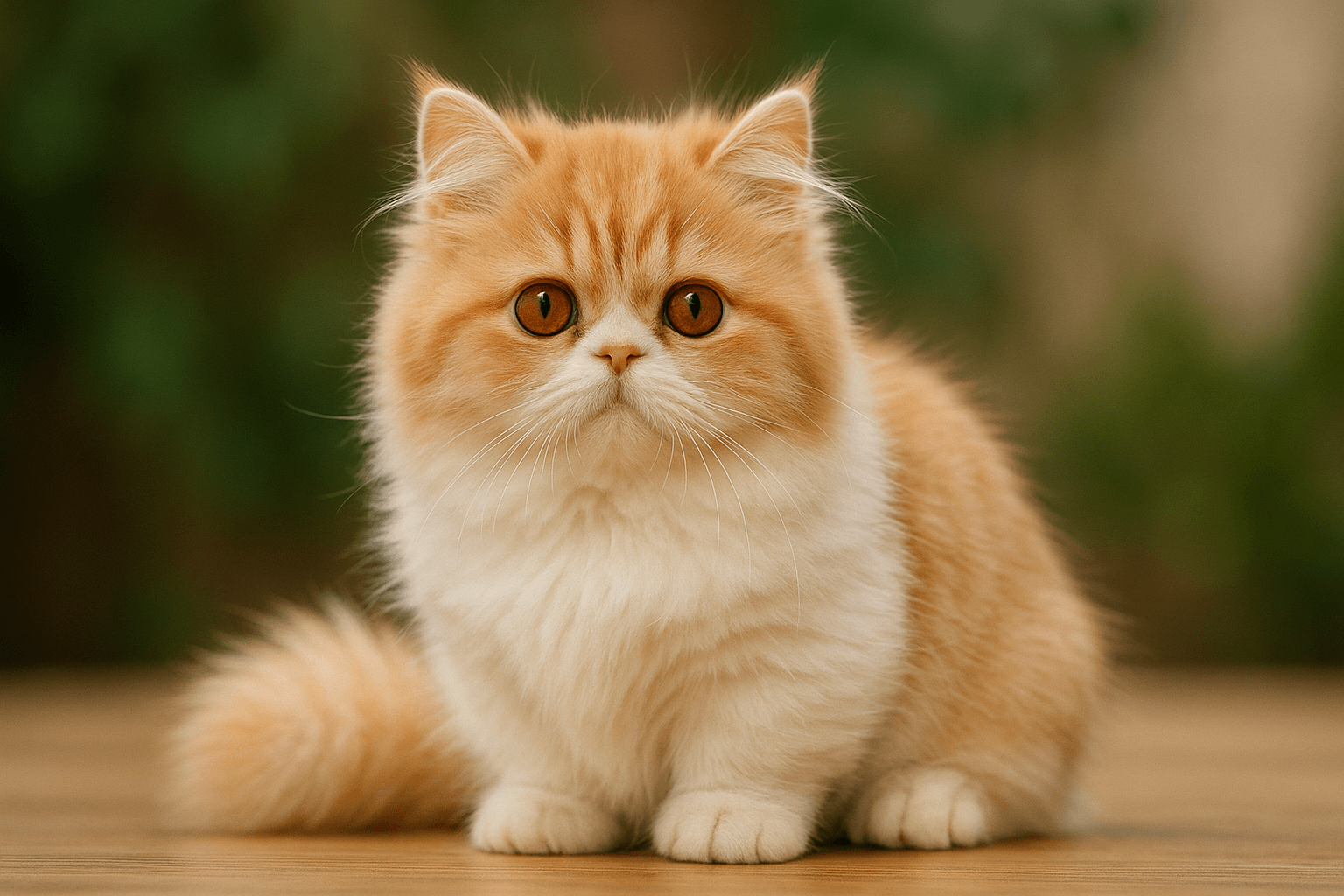My Cat Is Lethargic but Eating and Drinking: What Does It Mean?
Cats are known for their playful, energetic personalities, so when your feline friend suddenly becomes lethargic, it can be concerning. While lethargy in cats often signals an underlying issue, the fact that your cat is still eating and drinking might provide some reassurance. However, this doesn’t necessarily mean everything is fine. Cats are masters at hiding illness, and even subtle changes in behavior can indicate a deeper problem.
In this blog post, we’ll explore the possible reasons behind your cat’s lethargy, what signs to watch for, and how to determine if it’s time to consult a veterinarian. With a focus on understanding and compassion, we aim to help you navigate this situation and ensure your furry companion stays happy and healthy.
Possible Causes of Lethargy in Cats
Lethargy in cats can stem from a variety of causes, ranging from minor issues to more serious health concerns. Even if your cat is eating and drinking, it’s important to monitor their behavior closely. Here are some common reasons why your cat might appear lethargic:
Stress or Anxiety
Cats are sensitive creatures, and changes in their environment—such as moving homes, new pets, or loud noises—can cause stress, leading to lethargy.Mild Illness or Fatigue
Sometimes, cats simply need a day or two to recover from a mild illness or fatigue. This could be due to overexertion or a temporary bug.Pain or Discomfort
Even if your cat is eating and drinking, they may be experiencing pain or discomfort from conditions like arthritis, dental issues, or an injury.Digestive Issues
Mild digestive problems, such as constipation or an upset stomach, can make your cat feel sluggish while still maintaining their appetite.Underlying Health Conditions
Conditions like diabetes, hyperthyroidism, or kidney disease can cause lethargy as an early symptom, even if your cat continues to eat and drink.
While these causes vary in severity, it’s essential to observe your cat’s behavior and look for additional symptoms that might indicate a more serious issue.
Signs to Watch For Alongside Lethargy
If your cat is lethargic but still eating and drinking, it’s crucial to pay attention to other changes in their behavior or physical condition. These signs can provide valuable clues about your cat’s health. Here are some key indicators to monitor:
Changes in Appetite
Even if your cat is eating, note whether their appetite has decreased or increased significantly. Both extremes can signal an underlying issue.Weight Loss or Gain
Sudden weight changes, even if subtle, can indicate metabolic or hormonal imbalances.Vomiting or Diarrhea
Occasional vomiting or loose stools might not be alarming, but frequent episodes warrant attention.Changes in Grooming Habits
A lethargic cat may neglect grooming, leading to a dull or unkempt coat, or they may over-groom specific areas due to discomfort.Behavioral Changes
Look for signs like increased hiding, aggression, or unusual vocalizations, which can indicate pain or distress.
By keeping an eye on these signs, you can better assess whether your cat’s lethargy is a temporary phase or a symptom of something more serious.
Check this guide 👉Why Is My Cat Not Eating? Best 7 Expert Tips!
Check this guide 👉Why Is My Cat Not Drinking Water? Best 7 Health Tips!
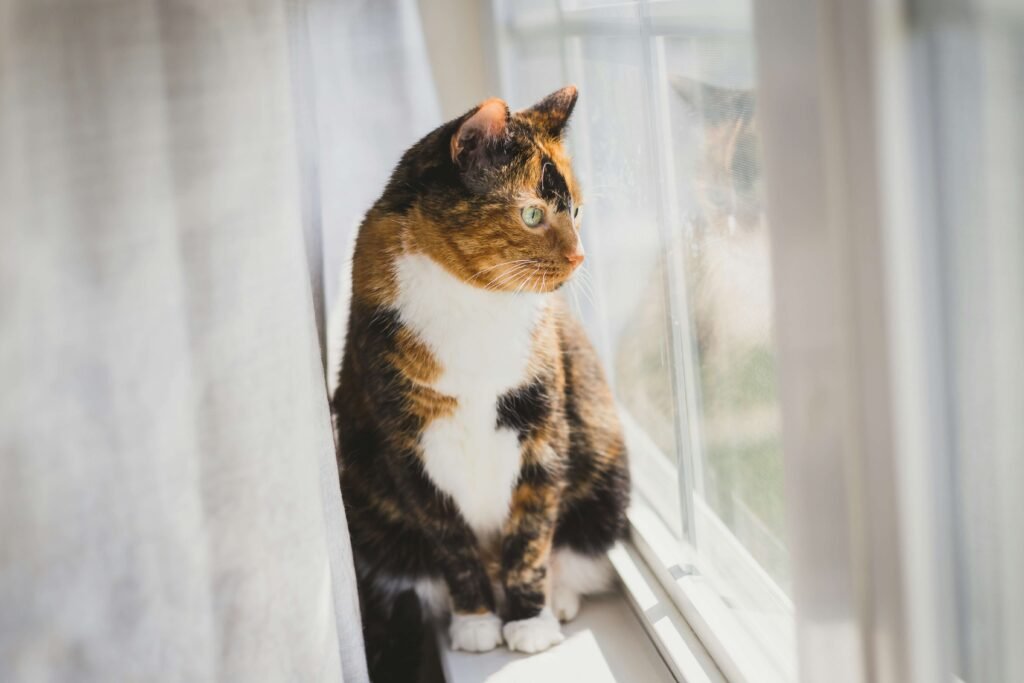
Symptoms to Monitor | Possible Causes |
|---|---|
Lethargy | Stress, fatigue, pain, illness |
Decreased grooming | Pain, discomfort, or depression |
Vomiting or diarrhea | Digestive issues, dietary changes |
Hiding or avoiding interaction | Anxiety, fear, or feeling unwell |
Weight changes | Metabolic disorders, thyroid issues |
When to Consult a Veterinarian
While occasional lethargy isn’t always a cause for concern, certain situations require immediate veterinary attention. If your cat is lethargic but eating and drinking, here are scenarios where professional advice is necessary:
Persistent Lethargy
If your cat remains lethargic for more than 24-48 hours, it’s time to consult a vet, even if they’re still eating and drinking.Difficulty Breathing
Labored breathing or panting in cats is a red flag and requires urgent care.Noticeable Pain
If your cat seems to be in pain—limping, crying out, or resisting touch—it’s essential to seek help.Unexplained Weight Loss
Sudden or gradual weight loss, despite normal eating habits, can indicate a serious condition.Behavioral Extremes
Excessive aggression, withdrawal, or other extreme behavioral changes should not be ignored.
Early intervention can make a significant difference in your cat’s recovery and overall well-being.
Tips for Supporting Your Lethargic Cat at Home
While waiting for a vet appointment or monitoring your cat’s condition, there are steps you can take to support their comfort and recovery. Here are some practical tips:
Provide a Calm Environment
Minimize noise and disturbances to help your cat feel safe and relaxed.Offer Comfortable Resting Spaces
Ensure your cat has access to cozy, quiet spots where they can rest undisturbed.Monitor Their Diet
Encourage small, frequent meals if your cat’s appetite seems diminished, and avoid sudden dietary changes.Engage in Gentle Play
If your cat shows interest, try gentle play sessions to boost their energy levels gradually.Keep Them Hydrated
Ensure fresh water is always available, and consider wet food to increase fluid intake.
These measures can help your cat feel more comfortable while you determine the next steps.
Common Misconceptions About Lethargic Cats
When it comes to understanding lethargy in cats, there are several misconceptions that can lead to confusion or misinterpretation of their behavior. It’s important to separate fact from fiction to ensure your cat receives the care they need. Here are some common myths and the truth behind them:
Myth: Cats are naturally lazy, so lethargy isn’t a concern.
In reality, while cats do sleep a lot, excessive lethargy is not normal and may indicate an underlying issue.Myth: If a cat is eating and drinking, they’re perfectly healthy.
Even if your cat is eating and drinking, lethargy can still be a sign of illness or discomfort that requires attention.Myth: Lethargy only happens when a cat is very sick.
Lethargy can occur due to minor issues like stress or fatigue, but it should never be ignored, as it can escalate into something more serious.
Understanding these misconceptions can help you approach your cat’s lethargy with greater awareness and take appropriate action.
How to Create a Stress-Free Environment for Your Cat
Stress is one of the most common causes of lethargy in cats, even if they are still eating and drinking. Creating a calming environment can make a significant difference in your cat’s well-being. Here are some tips to reduce stress and promote relaxation:
Provide Safe Spaces
Set up cozy hiding spots or elevated perches where your cat can retreat when they feel overwhelmed.Maintain a Routine
Cats thrive on consistency, so try to feed, play, and clean their litter box at the same times every day.Limit Loud Noises
Reduce exposure to sudden or loud sounds, such as vacuum cleaners or loud music, which can startle your cat.Introduce New Changes Gradually
If you’re bringing home a new pet or moving furniture, do so slowly to give your cat time to adjust.Use Calming Products
Consider using pheromone diffusers or sprays designed to soothe anxious cats.
By implementing these strategies, you can help your cat feel more secure and potentially alleviate their lethargy.
Nutritional Tips to Boost Your Cat’s Energy Levels
Diet plays a crucial role in your cat’s overall health and energy levels. Even if your cat is eating and drinking, their lethargy could be linked to nutritional deficiencies or dietary habits. Here are some ways to ensure your cat is getting the nutrients they need:
Feed High-Quality Food
Choose cat food that is rich in protein and free from unnecessary fillers or artificial additives.Incorporate Wet Food
Wet food can provide additional hydration and nutrients, which may help boost your cat’s energy.Avoid Overfeeding
Overweight cats may become lethargic due to the strain excess weight places on their bodies.Supplement with Taurine
Taurine is an essential amino acid for cats, and a deficiency can lead to lethargy and other health issues.Monitor Treat Intake
Excessive treats can disrupt your cat’s balanced diet, so use them sparingly as rewards or training aids.
A well-balanced diet tailored to your cat’s needs can contribute to improved energy levels and overall vitality.
FAQ
Why is my cat lethargic but still eating and drinking?
Lethargy can result from stress, mild illness, or underlying health conditions. The fact that your cat is eating and drinking is a positive sign, but it’s still important to monitor their behavior closely.
How long should I wait before consulting a vet?
If lethargy persists for more than 24-48 hours or is accompanied by other concerning symptoms, it’s best to consult a veterinarian promptly.
Can stress cause lethargy in cats?
Yes, stress or anxiety due to environmental changes can lead to lethargy in cats, even if they continue eating and drinking.
What are some signs of pain in cats?
Signs include limping, excessive grooming of a specific area, vocalizations, or reluctance to be touched.
Is lethargy in cats always serious?
Not always. Temporary lethargy can occur due to fatigue or mild illness, but persistent or worsening symptoms should be evaluated by a vet.
Final Thoughts: Prioritizing Your Cat’s Well-Being
Cats are resilient animals, but they rely on us to notice when something isn’t quite right. If your cat is lethargic but eating and drinking, it’s essential to remain vigilant and observant. By understanding the potential causes, recognizing warning signs, and seeking professional advice when needed, you can ensure your feline friend receives the care they deserve. Remember, early intervention can make all the difference in helping your cat regain their energy and zest for life. Stay patient, compassionate, and proactive—your cat will thank you for it!
Cat Separation Anxiety Symptoms: Best 7 Expert Tips! Discover signs of cat separation anxiety and expert advice to help your feline feel secure and happy when left alone.
Can an Ear Infection Kill a Cat? Best 7 Expert Tips! Discover causes, symptoms, and treatments for feline ear infections to protect your cat’s health and prevent complications.
Is Cat Leukemia Contagious? Best 7 Expert Tips! Learn how feline leukemia spreads, prevention strategies, and expert advice to protect your cat from this contagious virus.
Munchkin Persian Cat: Best 7 Expert Tips! Discover expert advice on grooming, health, and care for this unique hybrid to keep your feline happy and healthy.

